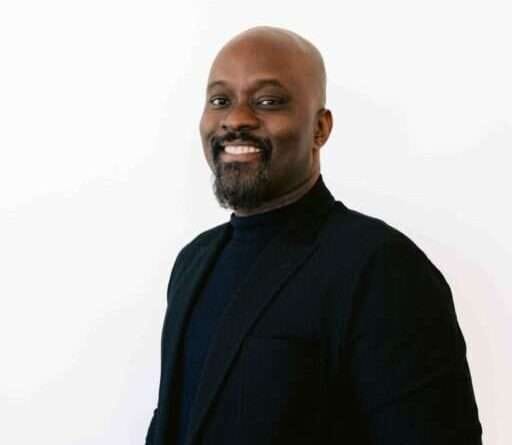
Thoughts on Leadership from Kahlil Gibran
Thoughts on Leadership from Kahlil Gibran
Anyone that knows me knows that I like to read “guru” books on leadership and teamwork but am also often highly critical of such books. It is not that I do not believe that there are people that have through their experiences become experts in these areas. It is more because I still feel the best way to learn to be a better leader is to be a leader. Successes, failures, and time are the best teachers of leadership and the best tools for enhancing and strengthening relationships as a leader.
I have also found that some of the best tips I have read have come not from “guru” books but from fictional accounts of young sorcerers coming of age (“A Wizard of Earthsea” by Ursula K. Le Guin), creatively imagined conversations with God (“The Shack” by William P. Young), and philosophical poets like Lucretius, Dante, Goethe and (more contemporary) Kahlil Gibran. There are a few books that I keep handy and have read multiple times and two of them are from Gibran: “Sand and Foam” and “The Prophet”.
I have tweeted many quotes from Gibran and encourage you to follow me on twitter @adamstanleyatx to read some of the quotes. In this blog, I want to share brief thoughts on leadership from various Kahlil Gibran books.
1. A little knowledge that acts is worth infinitely more than much knowledge that is idle.
I have been quite lucky in some instances, and strategically successfully in many, at hiring and retaining really smart people. I always brag on my teams as being so much smarter than me. These technologists, business analysts, financial wiz kids, and others have truly shown they know their stuff; the “A” list in terms of knowledge. But, the ones that have truly stood out are those that were actually able to take that knowledge and act on it.
A successful business leader has to be really good at both developing ideas and actually implementing them, and this is one of the things that set smart people apart from effective people. Having a good operations mind that augments strategic thinking is critical as it’s about developing a strategy and making that strategy a reality. I advise my young leaders to learn how to contemplate problems, really analyzing what the root of the issue is and defining the boundaries of your required work. Then, roll up your sleeves, develop a strategic plan, and deliver on the necessary change required to enhance value.
2. Most people who ask for advice from others have already resolved to act as it pleases them.
How many times have your employees been made to feel that regardless of what they say, you or other leaders will still act exactly as you initially planned? I had a colleague who was absolutely notorious for this. This particular person would hold meetings with dozens of individuals gathering feedback on a certain initiative. Hours of time would be spent in one-on-one interviews, small group sessions, and through surveys and data gathering. Yet, if you were to do an analysis of the delta between original and final plans of this individual, the result would be close to zero. The fact of the matter is that this person did not really care what others thought, but simply felt there was a need for the appearance of validation. Over time, guess what happened? People began to spend less and less time providing feedback, declined meeting invitations and only supported the initiatives grudgingly after an executive mandate.
How much more powerful could this person have been as a leader if feedback and input from diverse constituents had truly been used as an enabler versus a symbolic validation? I have found that my greatest successes have come from situations where I have allowed people to openly challenge my assumptions and provide candid feedback on my ideas. As a leader, you have the opportunity to leverage the strength of your team to magnify exponentially your power. But only if you truly resolve to listen and react to their feedback.
3. “I have learned silence from the talkative, toleration from the intolerant, and kindness from the unkind; yet, strange, I am ungrateful to those teachers.”
I’m sure you have a few of these teachers in your life as well. Learning from bad leaders and employees is just as effective as learning from the good ones. And I’ve had both. Truly, there is nothing that makes you more cognizant of your listening skills than being in a room with a blowhard that just won’t shut up! A good friend once told me I should use a formula for calculating the optimal participation of each person in a meeting. He basically said to take the total number of time devoted to discussion (i.e., not including the base presentation of content) and divide it by the number of people in the room that are there in a contributory role. If you are one of 6 people in a 30 minute meeting and have talked for more than 5 minutes, take a breath and contemplate the conversation. Yes, you’re smart, and perhaps you do know more about the topic than anyone else in recorded history. But, wouldn’t it be interesting to hear what the other lesser mortals think?
Today, I commit to be a better listener, a more tolerant manager, and a kinder colleague and partner to all those in my professional environment. And via this blog, I give a hearty and most gracious THANK YOU to those of you who taught me so much through your (bad or good) example. You know who you are (I hope)!
Be Well. Lead On.
Adam

Adam Stanley


